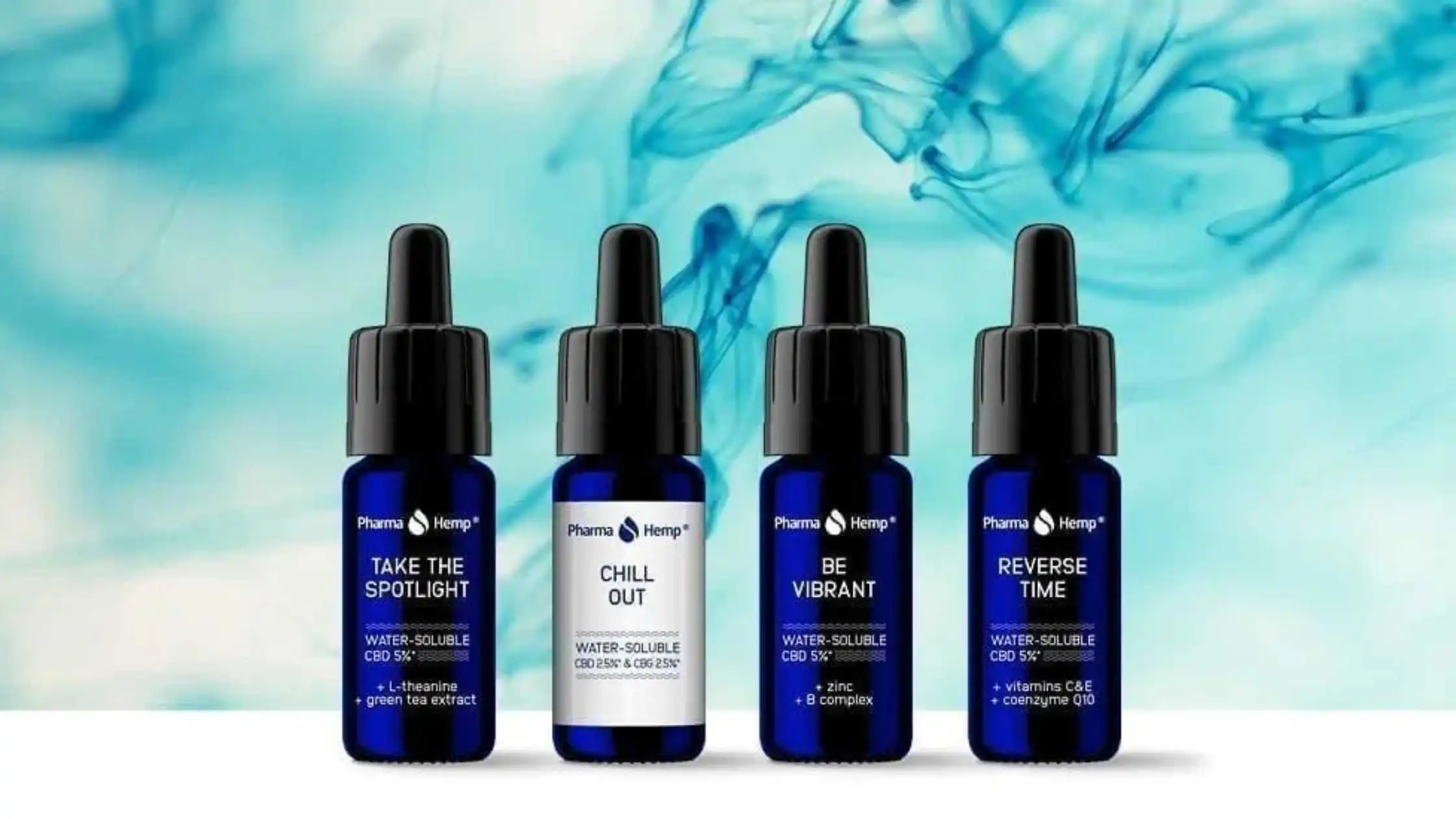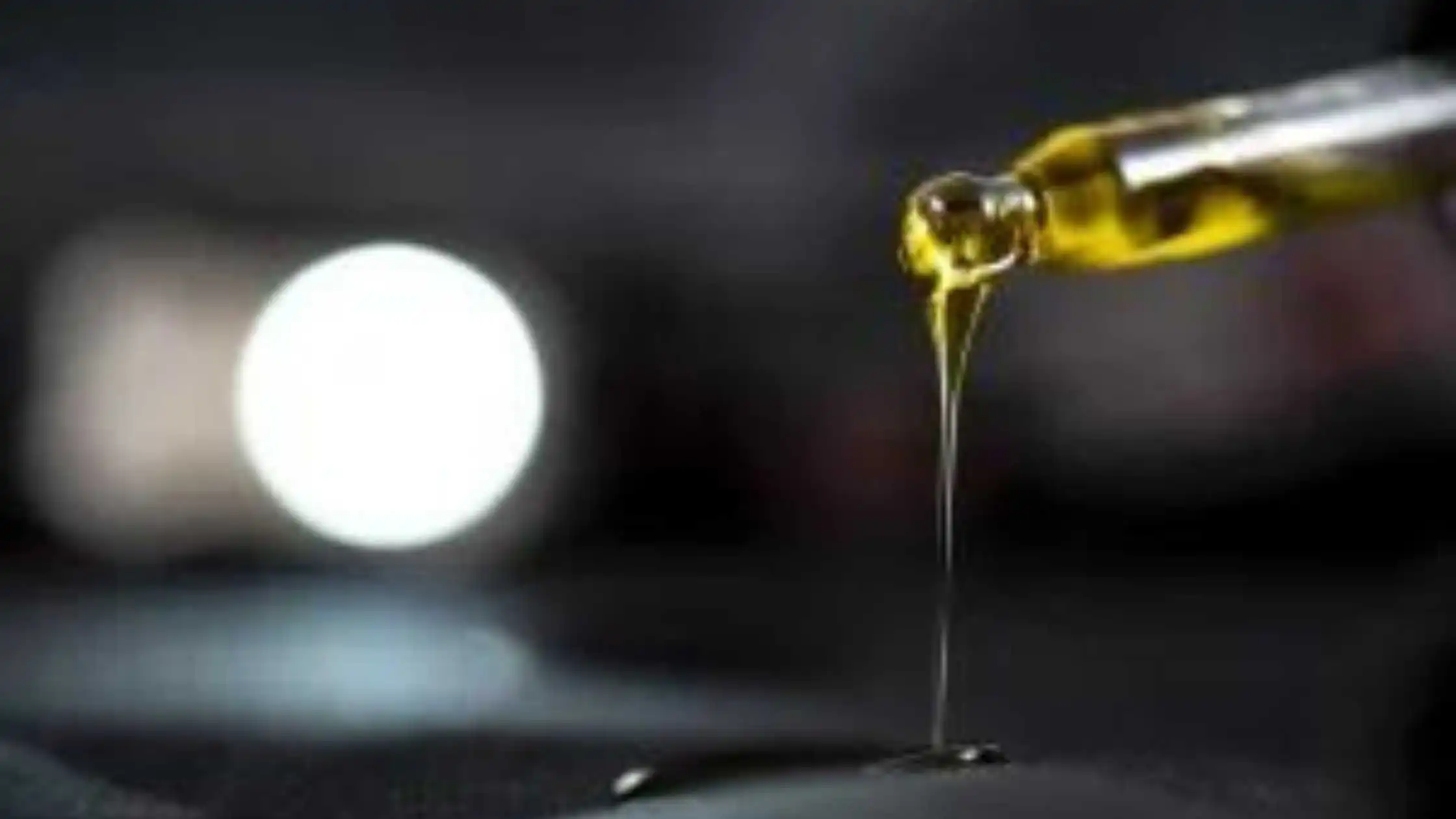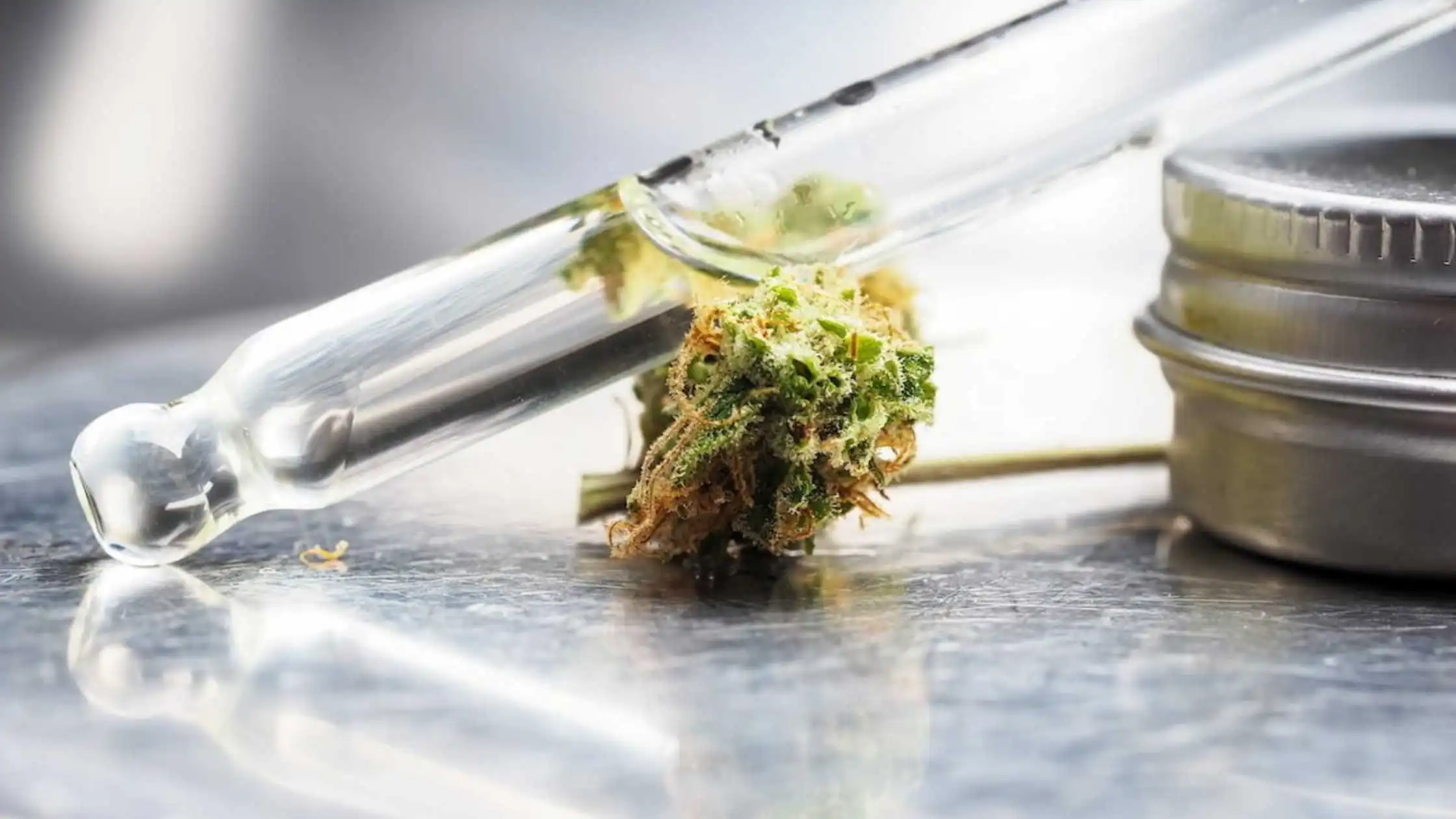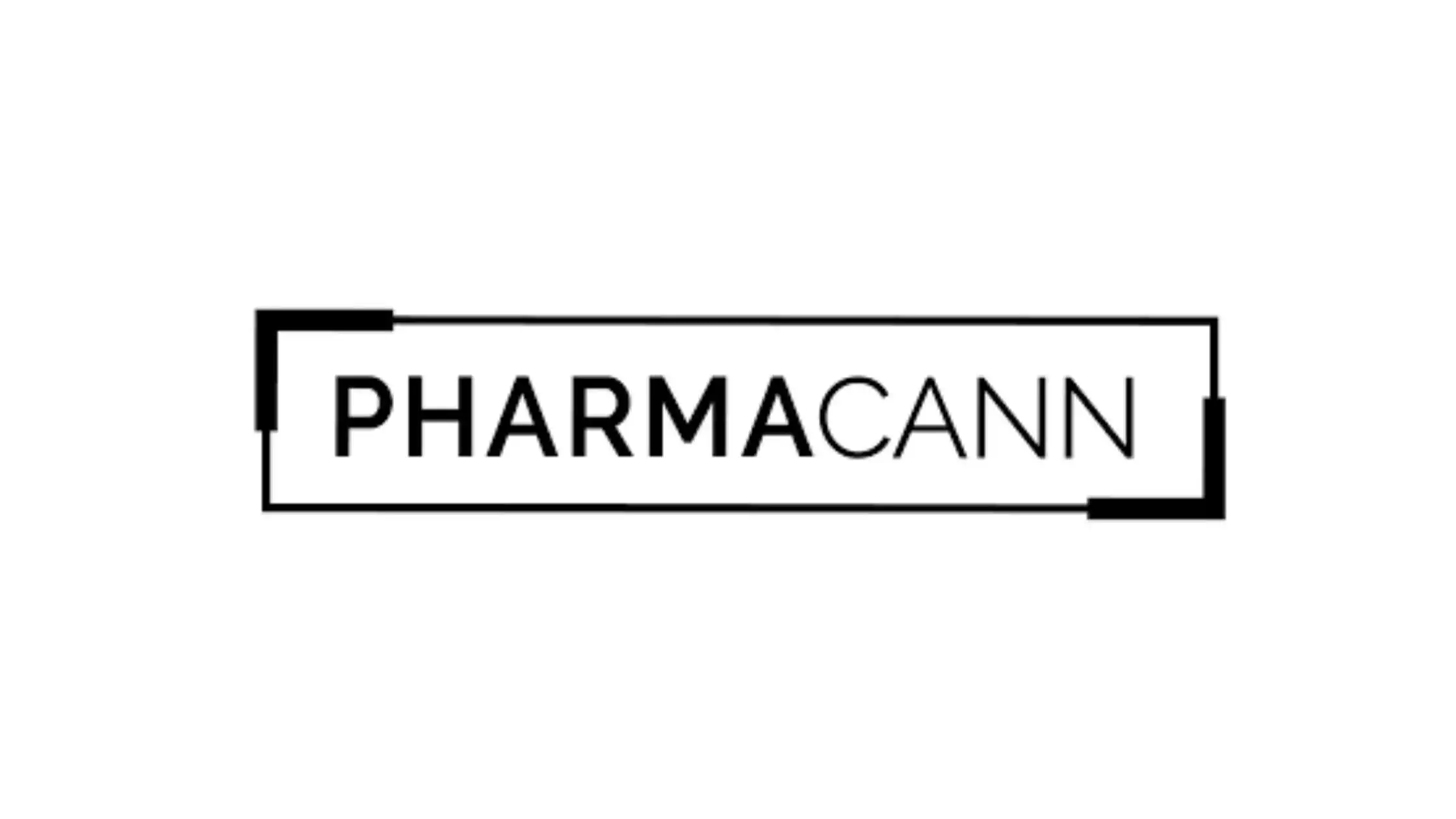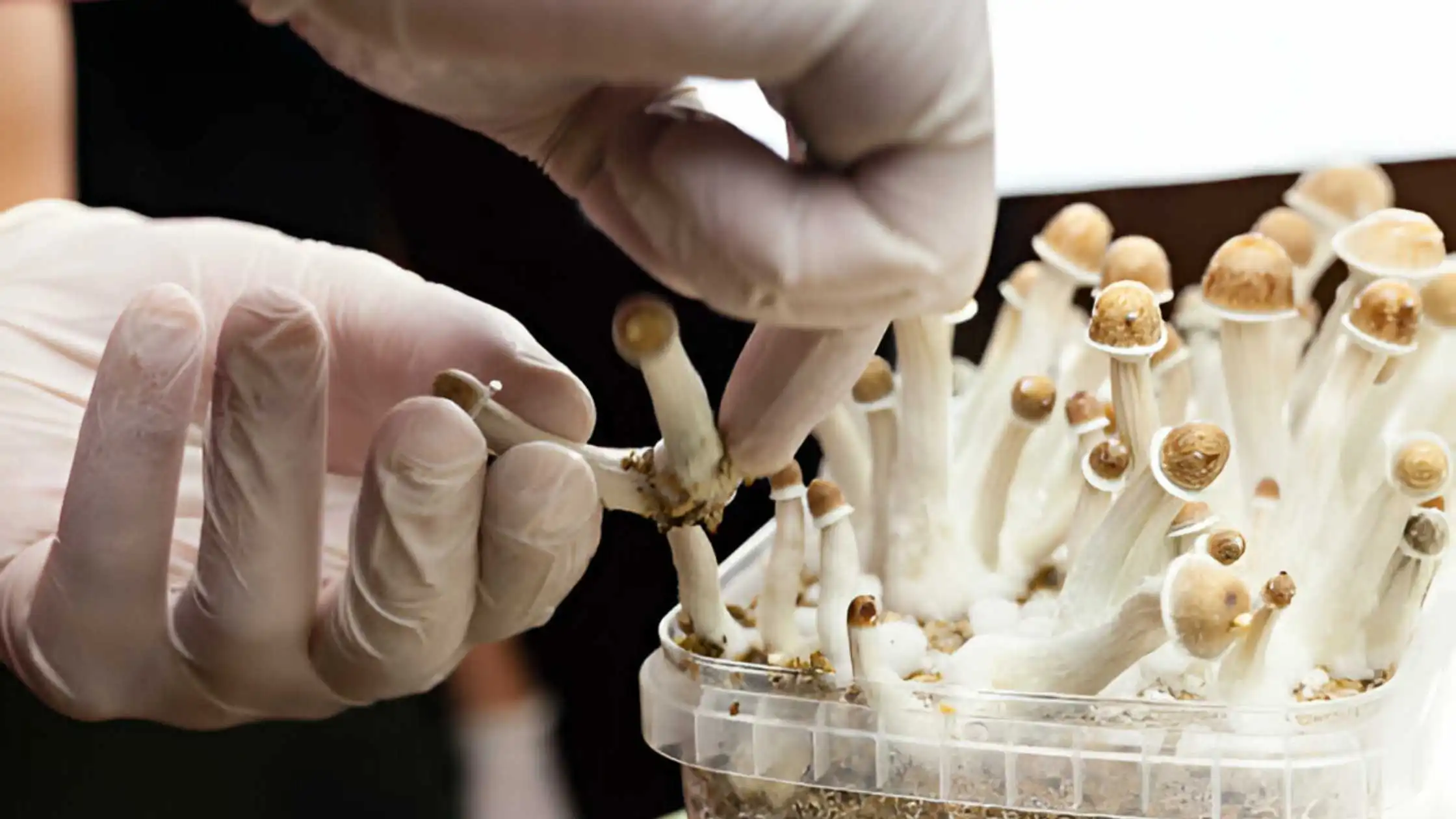You have probably heard it said of a couple: “These two are like oil and water”. This description of two people’s incompatibility derives from the observation that oil and water do not mix well. However, we can fix relationships with some effort and make the oil and water mix very well using emulsifiers.
Emulsifiers are substances that form an emulsion, a mixture of oil and water. Most common emulsions represent a solution where tiny oil droplets are dispersed in a water phase. The oil droplets are so small that they are invisible to the naked eye.
Emulsifiers sound very “artificial” but areus in nature. For example, when you make pancakes, mix water with oil easily, correct? The lecithin, an emulsifier in egg yolk, keeps these incompatible ingredients mixed.
So, we can mix oil with water by using emulsifiers. But what is this good for besides pancakes?
Today, emulsions are used in various industries, such as pharmaceuticals, agriculture, paints, cosmetics, and foodstuffs. These emulsions are used for different purposes but share similar aims – they are easier to use and more effective than oils. Let’s look closer at why emulsions/water-soluble formulations are helpful for foodstuffs and cosmetics.
Water-soluble formulations in the foodstuff industry
Apart from making pancakes, mayonnaise and dressings for salads, emulsion formulations also became famous for food supplements, especially those which contain oil-soluble substances such as vitamins A, D, E and K. These oily vitamins are much more effective if we use them in a water-soluble formulation. In other words, drinking a water-soluble formulation of an oily substance in a glass of water will better absorb it from your gastrointestinal tract. This means the effect of the same dose increases when the oil is transformed into a water-soluble formulation. Or, as scientists like to say, the improved solubility in water increases the bioavailability of an oil substance. Sounds like a benefit, right?
Cosmetic products are emulsion systems.
Most cosmetic and personal care products involve various emulsion systems – products such as creams, lotions, serums, shampoos, hair balms, toothpaste, and others containing some oil and water. Typically, cosmetic products contain several water and oil-soluble components, such as:
- water-soluble vitamins B and C,
- nutritious oils like almond, grapeseed, olive, and argan oil,
- oil-soluble extracts like hemp extract with CBD and other cannabinoids.
Emulsifiers are needed to mix these ingredients and produce a stable formulation successfully. In the cosmetics industry, emulsifiers are sometimes referred to as surfactants, a broader term for emulsifiers and detergents. In addition to a stable formulation, emulsion formulations also improve the efficacy of active components since they can penetrate the deeper layers of the epidermis when, for example, used topically.
Water-soluble drops are concentrated emulsions of oil and water. You can quickly dilute the desired amount of a product in a glass of water. These stable formulations were developed to enhance the effects of the active ingredients and their bioavailability. The carefully selected ingredients, such as herbal extracts, vitamins, minerals, and other actives, are well mixed with natural emulsifiers in four new, water-soluble formulations that are available to you now:
- CBD & CBG CHILL contains hemp extract with cannabidiol (CBD) and cannabigerol (CBG),
- CBD BE contains hemp extract with CBD, mineral zinc, and vitamin B complex
- CBD REVERSE contains hemp extract with CBD, coenzyme Q10, and vitamins C and E.
- CBD TAKE THE SPOTLIGHT contains hemp extract with CBD, theanine, and green tea extract.
Disclaimer: https://pharma-hemp.com/what-is-water-soluble-cbd
Posted by: Times Of Hemp, TOH, #TOH, #TimesOfHemp, https://www.timesofhemp.com

